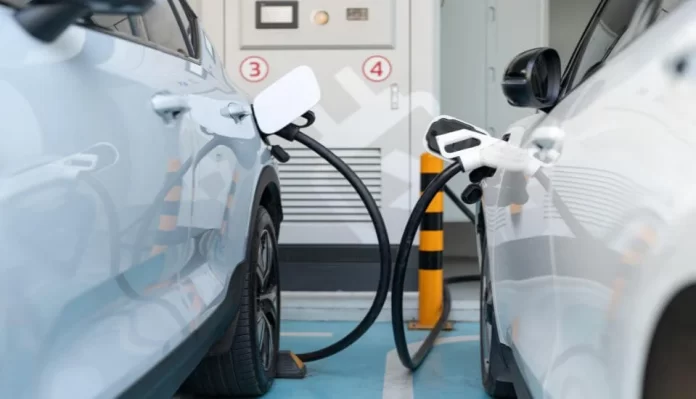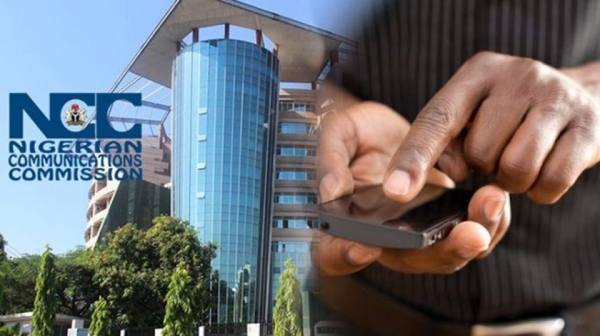Nigeria’s electric vehicle (EV) sector is no longer an experiment. It is becoming a movement, powered by innovation, partnerships, and the growing urgency for cleaner transport.
This shift was on full display with the launch of the M-Hero 917, a high-performance, all-electric SUV inspired by military design. The vehicle was assembled in Nigeria through a collaboration between Chinese auto giant Dongfeng and SAGLEV Electromobility.
Fitted with four independent motors and all-wheel drive, the M-Hero delivers instant torque and smooth handling. But for industry watchers, the launch meant more than performance stats.
“This is more than just a car launch,” said energy mobility analyst Michaela Abor Adebola. “It’s a marker of intent. It shows that global EV manufacturers are starting to see Nigeria not just as a market to sell into, but a country to build with.”
Ogun and Lagos Drive the Shift
Local assembly of electric vehicles is becoming more common across Africa. From Kenya to Rwanda to South Africa, the continent is rolling out electric bikes, buses, and delivery vans. Now Nigeria is entering that space with force.
Innoson Vehicle Manufacturing (IVM), Nigeria’s first indigenous carmaker, is quietly driving the country’s electric vehicle (EV) shift. The company is producing affordable electric mini-buses and vans built for Nigerian roads and weather, making EVs more accessible to ordinary citizens.
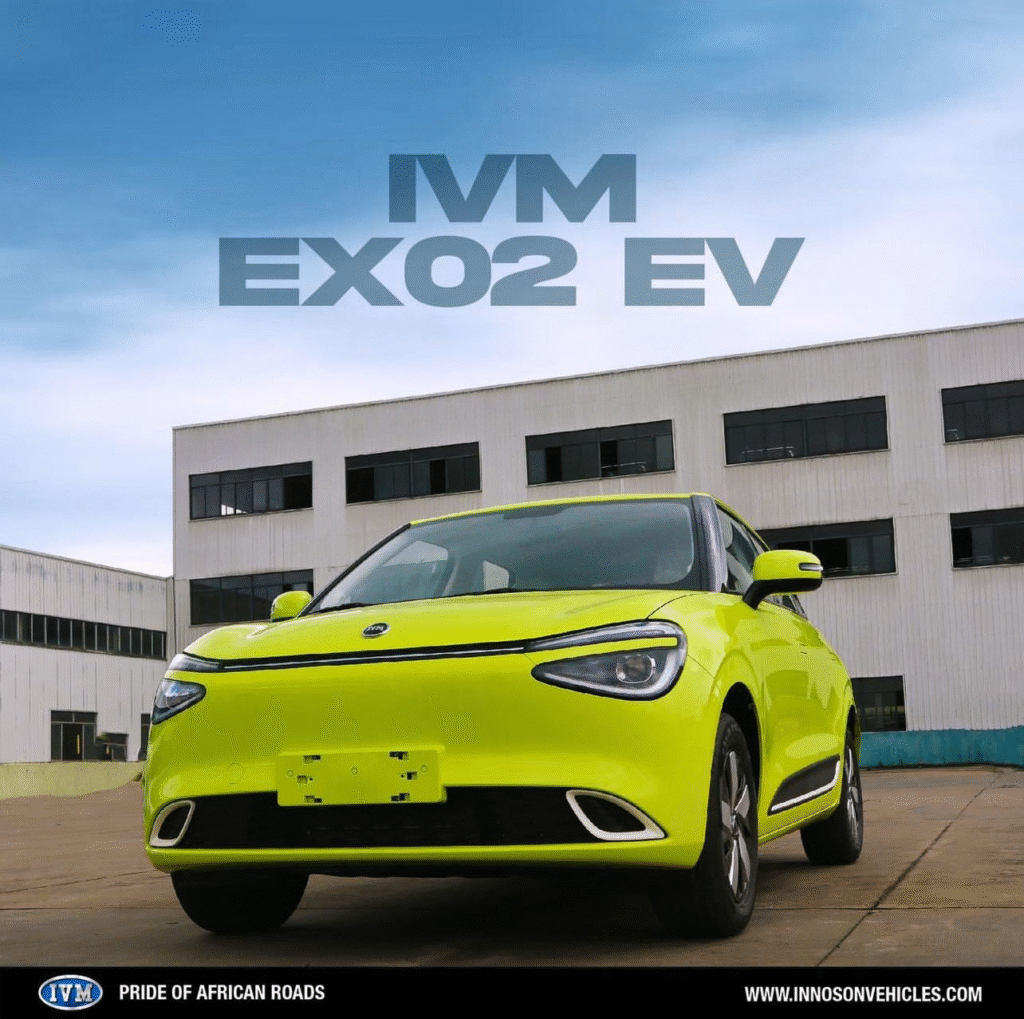
It’s not just about cars — Innoson is also training EV technicians and building solar-powered charging stations to support long-term growth.
From luxury SUVs like the M-Hero to tuk-tuks, two-wheelers, and mini-delivery vans, local firms are expanding the options available on Nigerian roads.
NEV Electric, for example, aims to produce 2,000 high-capacity EVs and 10,000 micro-EVs before the year ends. The firm’s parent company, Possible EVs, launched in 2021 to make EVs more affordable and better understood by the public.
Spiro, another electric mobility leader, has already deployed over 33,000 electric motorcycles across seven African countries. Its battery-swapping system has recorded over 9 million swaps, making urban commuting cheaper and cleaner.
In January 2025, Spiro teamed up with Afrobeats star Davido to promote electric mobility and sustainability.
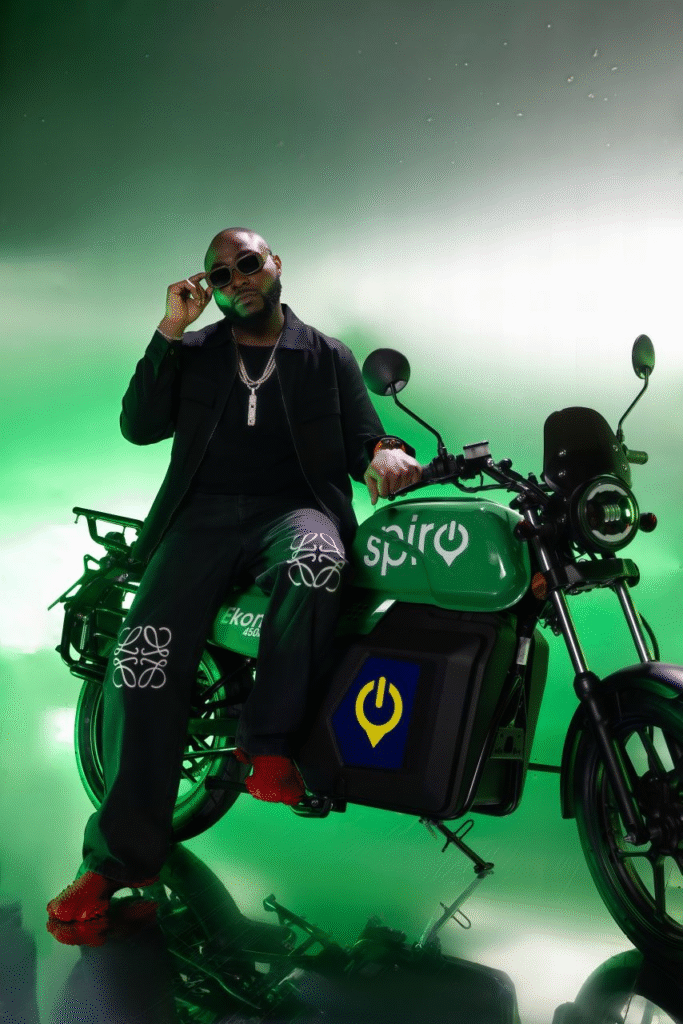
“Style, speed, and clean energy don’t have to clash,” Davido said at the unveiling. The campaign mixes music, tech, and green advocacy—hoping to turn e-mobility into a lifestyle.
In Ogun State, electric mobility is taking root fast. Local startup Phoenix Renewables runs a solar-powered assembly facility for electric tricycles tailored for delivery services. Their off-grid design makes them ideal for Nigeria’s erratic power supply.
JET Motor Company, a Nigerian EV maker, is also active in the state. It designs electric vans and minibuses for ride-hailing and commercial transport, with components built to withstand local roads and conditions.
In 2024, Ogun State signed an agreement to expand EV infrastructure. Dedicated EV zones are planned, with charging stations, technician training hubs, and public-private partnerships for battery swap stations.
Lagos isn’t left behind. The city now hosts over a dozen EV dealerships selling Chinese-made cars. Companies like BYD, Dongfeng, and JAC are partnering with local firms for sales, service, and even assembly.
In April 2025, Foltï Technologies launched eDryv—Nigeria’s first solar-powered ride-hailing service. The platform runs Dayun-branded electric vehicles, powered by solar hubs and a 460 kWh storage centre in Victoria Island.
A typical ride on eDryv costs under ₦320 per kilometre. The service rewards eco-conscious passengers with “Green Coins,” which they can use to get discounts on future trips. Drivers are not freelancers—they’re on full salaries, trained, and supervised.
Foltï says it wants to build an EV assembly plant in Abeokuta by 2026. “We can’t rely on import forever,” said the company’s director. “Local value chains are the future.”
A Future in Motion, But Not Without Hurdles
The National Automotive Design and Development Council (NADDC) has backed these developments, supporting pilot projects and training. Lagos State has also started plans to introduce electric buses into its BRT system.
Yet, a nationwide electric mobility policy is still pending. That delay may slow momentum. Power supply issues and the high cost of EVs also remain major obstacles, especially outside major cities.
Still, the tone of the industry has shifted.
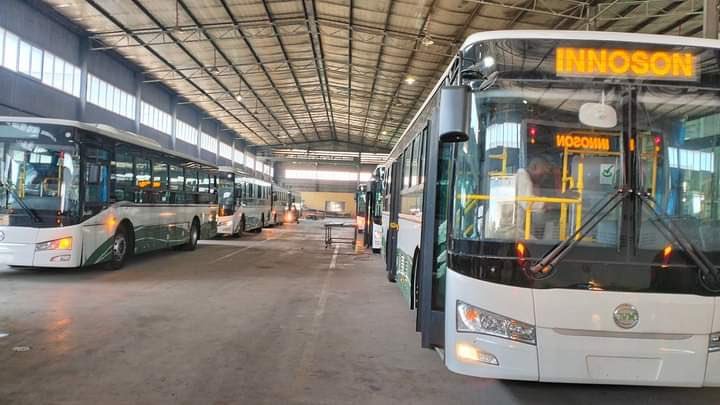
According to Ayodele Alabi, a sector analyst, “This is how you build an industry. Start with local assembly, create partnerships that stick, and build trust with consumers.”
He added, “While countries like Kenya and Rwanda made headlines for electric bikes, Nigeria has urban density, a strong manufacturing base, and investor interest. Foreign automakers are betting on that.”
Nigeria currently has around 15,000 to 20,000 electric vehicles on the road. That may sound small, but five years ago, they were nearly nonexistent.
The market is growing at nearly 7% yearly and may only pick up pace as more charging stations, battery hubs, and policies come online.
Will Nigerians embrace electric vehicles in large numbers, or will poor infrastructure, such as power for charging slow the pace? Tell us what your view is in the comments.Rate, Like 👍, Comment💬, share this article, Follow us on our social media handles, and Submit your own story to get featured and earn rewards!



